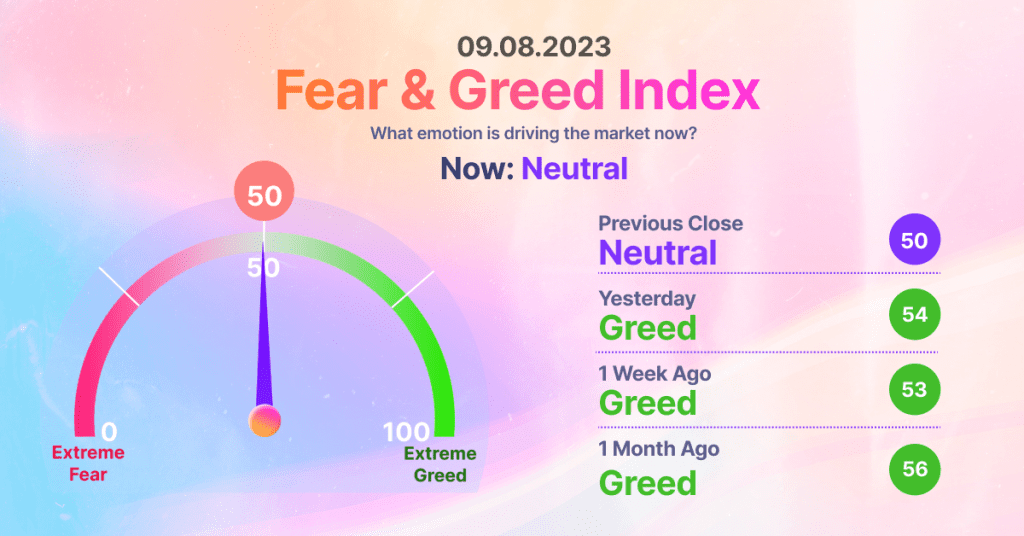Binance received a full licence in El Salvador; PayPal’s stablecoin will be listed on the Huobi exchange; PayPal’s stablecoin is the new target of scammers
Binance became the first cryptocurrency exchange to receive its first full licence in El Salvador.
Binance, the world’s largest cryptocurrency exchange in terms of trade volume, announced today that it has two licences in El Salvador.
According to the statements made, the exchange has obtained the Bitcoin Services Provider (BSP) licence and the first non-permanent Digital Assets Services Provider (DASP) licence in the country.
With these licences, Binance will be able to offer personalised products and services in El Salvador with peace of mind.
A Binance spokesperson stated that the company already provides services in El Salvador, but offers these services as a foreign exchange.
The representative added that with these licences, Binance will now easily expand its range of services.
In addition, Daniel Acosta, General Manager of Binance Colombia, Central America and the Caribbean, made the following statements on the subject:
These licences allow Binance to expand the products and services offered, including options tailored to the needs of our customers in El Salvador. It’s also a great opportunity to work closely with government authorities to support the adoption of cryptocurrencies in the country, promote financial inclusion and innovation, and ensure customer protection.
PayPal’s stablecoin will be listed on the Huobi exchange!
Global payment giant PayPal’s new stablecoin attack has been on the agenda of the cryptocurrency market. The crypto industry was excited the other day when the payment company announced that it would launch its own stablecoin, PayPal USD (PYSUD).
PayPal, which is preparing to rival companies in the stablecoin sector, has entered Huobi’s radar. In an announcement on 8 August, Huobi announced its plans to add PYUSD, which was launched the other day, to its platform.
Huobi is preparing to list PYUSD
Huobi shared the excitement of being the first exchange to support the launch of PYUSD. However, the exchange also announced that it will permanently waive transaction fees from PYUSD/USDT trading pairs.
Huobi, which has not yet announced when it will list PYUSD, signalled that it is waiting for market circulation and liquidity conditions to mature.
As it is known, Huobi has recently been trying to deal with a series of speculation that it will go bankrupt. The crypto exchange Huobi was shaken last weekend by rumours that Chinese regulators were investigating exchange executives and fears of possible bankruptcy.
After the sudden exits in Huobi in recent days and speculation that the exchange is bankrupt, Justin Sun also broke his silence. Sun considered the bankruptcy rumours of Huobi, which fell like a bomb on the agenda of the crypto market, as FUD.
PayPal’s stablecoin is the new target of scammers!
With the launch of PYUSD by payment giant PayPal, it entered the radar of many crypto thieves and dozens of fake PYUSD were produced. In just 16 hours after the launch, fraudsters tried to turn PayPal’s stablecoin excitement into an opportunity.
According to data published by a decentralised exchange crawler, nearly 30 new fake tokens called PYUSD were generated in just 16 hours after the launch announcement.
The fake PayPal USD tokens were reportedly minted on multiple chains, including Binance Smart Chain, Ethereum and Coinbases’ latest Layer 2 Base.
However, it is worth noting that the real PayPal USD token was created in November last year and can be verified at the specified contract addresses.
PayPal also pointed out that PYUSD can only be transferred between verified PayPal and other compatible wallets.
A counterfeit PYUSD minted on Ethereum, on the other hand, achieved a trading volume of $2.6 million within minutes after the company announced the launch of its stablecoins.
Although the fake token increased by 30,000 per cent in the first eight hours with the excitement, the rise in tokens was short-lived as the news lost its effect.


